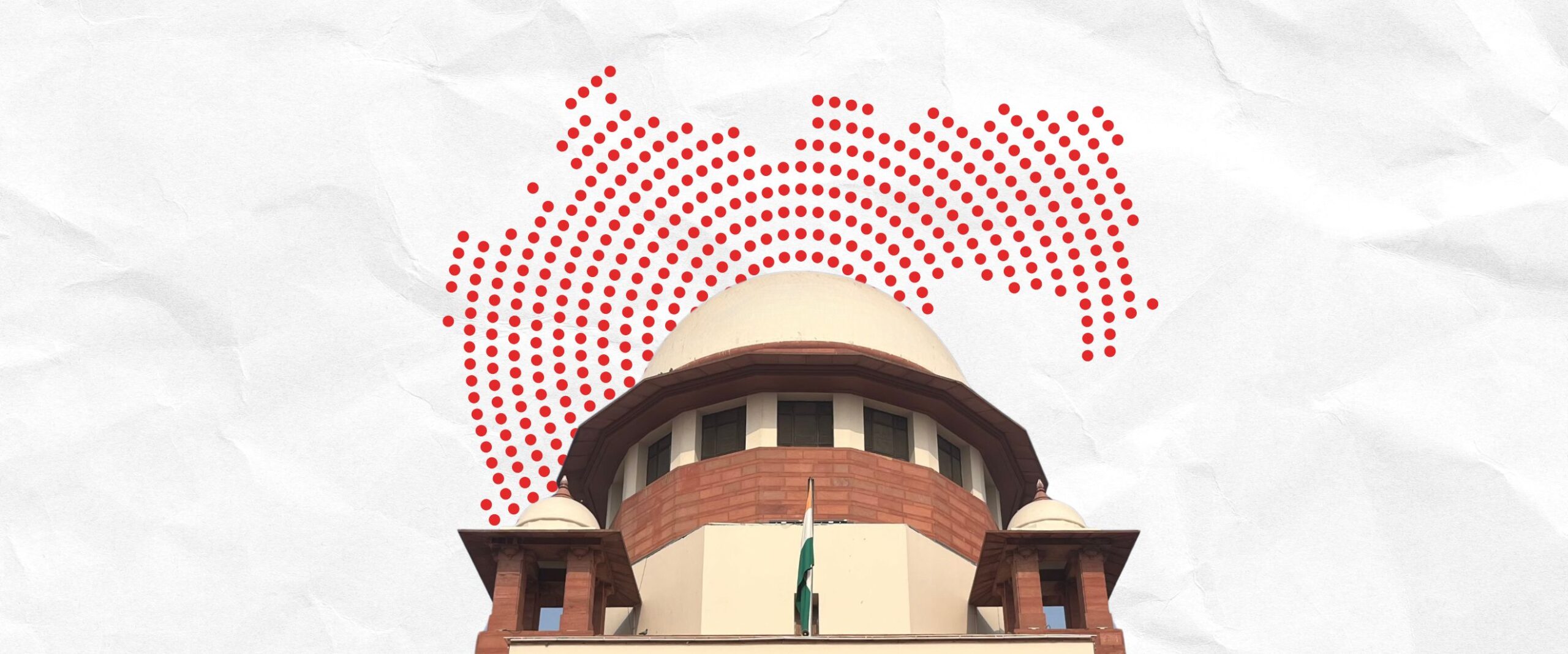Analysis
SC questions breach of 50 percent reservation limit in Maharashtra local body polls
With December polls approaching, the Bench sought clarity on constituency-wise data to frame a workable arrangement for the remaining bodies

Today, a Division Bench of Chief Justice Surya Kant and Justice Joymalya Bagchi heard the State of Maharashtra and the State Election Commission on the reservation structure applied to the ongoing local body elections in the State. The petitioners were challenging the 2022 Report of the Banthia Commission which recommended reservations for Other Backward Classes in local bodies. Petitioners and intervenors claimed that the reservation breached the 50 percent limit.
57 bodies breach the ceiling
Senior Advocate Balbir Singh said that 288 bodies—242 municipal councils and 42 nagar panchayats—have been notified and scheduled for polling on 2 December. He submitted that 57 of these bodies exceed the 50 percent reservation limit. Further, elections for Zila Parishads, Municipal Corporations and Panchayat Samitis have not yet been notified.
On 16 September, the Court had directed the Election Commission to complete the pending delimitation exercise by 31 October 2025 and fixed 31 January 2026 as the outer limit for conducting the remaining polls. The Order also recorded that, until the challenges to the Banthia Commission are decided, elections must proceed on the basis of the OBC reservation structure that existed before the Commission’s July 2022 report, with all steps remaining subject to the final outcome.
CJI Surya Kant said the reservation in these 57 bodies would remain subject to the final outcome. He added that “any further election you notify must comply with the 50 percent ceiling limit.” The State sought time to consult further with the Commission.
Singh: Khanwilkar Bench permitted Banthia; 50 percent ceiling still applied
Senior Advocate Vikas Singh said that the three-judge Bench led by Justice A. M. Khanwilkar had, on 20 July 2022, accepted the Banthia Commission report and permitted the State to “go ahead” with elections on that basis. He added that the Banthia recommendations themselves preserved the 50 percent ceiling and said that “last time also the SG sought adjournment.” Singh submitted that no further election notifications should be issued until the State demonstrates compliance, stating, “let them not notify any further elections.”
Jaising, Hooda and Naphade: Ceiling, representation and practical constraints
Senior Advocate Indira Jaising opposed any attempt to halt the elections. She argued that the process is underway and that the Court has already made clear that any election held contrary to law can later be set aside. She submitted that the issue of the 50 percent cap “does not arise today,” and warned that what was being proposed would result in OBC communities being “completely knocked out.” She pointed to Maharashtra’s significant tribal population in scheduled areas and said that combining these categories with Scheduled Castes would itself reach the 50 percent mark.
Senior Advocate Narender Hooda supported the strict enforcement of the ceiling, calling 50 percent the “Lakshman rekha cannot be crossed.”
Senior Advocate Shekhar Naphade argued that reservation should correspond to the population within the constituency, subject to the 50 percent limit. He said that in some areas the tribal population is close to “99 percent” and asked how such demographic realities should be reconciled with a rigid ceiling. Justice Bagchi responded that an exception “has been carved out” in such circumstances.
Jaising also noted the absence of a caste census after 1931, saying that this gap in data is the reason the Union Government has now announced a caste census to assess OBC population shares.
Court’s Directions
The Court directed the Commission to place on record the list of all seats in which the ceiling is crossed. It also asked the State to broadly indicate the OBC population in those constituencies.
CJI Surya Kant also stressed that the Court was not entering into the merits of the Banthia Commission. He said that the Court was seeking only a practical arrangement to ensure that democratic institutions at the grassroots are revived. He remarked on the ongoing dispute over “50–60” percent reservations, observing that “people are not getting representation.” He added that the Court would direct elections and “only iron out creases,” and said that if unresolved “grey area” persists, a larger Bench may be considered.
The Court will continue to hear the matter on 28 November.